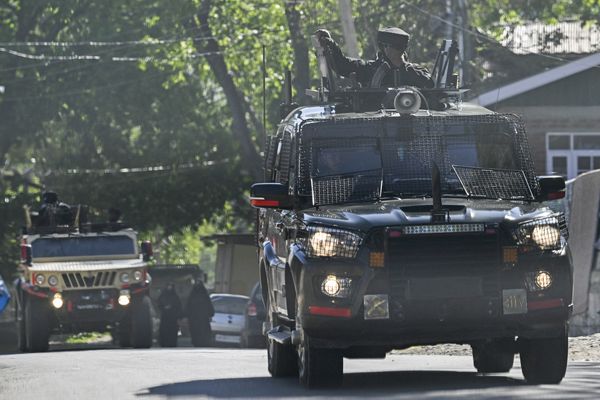
The Grenfell Tower tragedy frames Diana Evans’s new novel, its opening chapter capturing something of the shock and horror of 72 lives lost to incompetence and malpractice, its closing pages bearing witness to a silent march of remembrance. As she writes of the green heart that comes to loom over Latimer Road tube station: “It put a cry in the sky.”
It’s a smaller, altogether more private fire that galvanises A House for Alice, however, one that breaks out on that same hot June night in 2017 and causes a forgetful old man, Cornelius, to succumb to smoke in the home where he once tyrannised his Nigerian wife and their three daughters.
The youngest of those, Melissa, will be familiar to readers of Evans’s 2018 novel Ordinary People. Back then, Melissa was teetering on the cusp of a breakdown, her long relationship with Michael, the father of her children, disintegrating while their friends Damian and Stephanie endured overlapping domestic discontents.
Here, Melissa shares the spotlight with her sisters, “ecologising” Carol and harried Adele, as well as Michael’s new wife, Nicole, a singer who’s more of a never-quite-was than a has-been. And then there’s Melissa’s mother, Alice.
Evans glimpses something heroic in her middle-aged characters as they summon the wherewithal to square fading dreams with reality, but she imbues seventysomething Alice with fierce determination. Cornelius’s death frees Alice to leave England, where an enduring “disagreement of place” defines her days, and return to her homeland. To this end, a house is supposedly being built for her on the outskirts of Benin City. Her plan drives the novel, causing profound rifts among her daughters, who feel varyingly let down by her failure to shield them from their father in childhood.
As Evans dances between viewpoints, food, fashion and, above all, music imbue her setting – a London that’s predominantly black and middle-class – with sensual specificity. There are references to current affairs too – the Windrush scandal, Harry and Meghan’s wedding, the “doomful cloud of Boris Johnson”. At times the narrative seems to tilt towards becoming a state-of-the-nation novel, a condemnation of all that the Grenfell disaster laid bare. Instead, it settles into something more nebulous – a shifting mosaic of intergenerational becoming and belonging that affords glimpses of poetry slams, Croydon nightclubs and the afterlife.
Becoming and belonging are complicated by gender as well as race. Evans has a light touch when needed, but the comedy in Melissa’s catastrophising advice to her 10-year-old son on how to dodge gang recruiters, for instance, can’t eclipse its inherent sadness. Meanwhile, her piano-playing teenage daughter is grappling with what it means to be a young woman, “its performance, its humiliation and restriction”.
Does the text mirror too closely the emotional and spiritual turmoil experienced by its large cast? Yes, and there’s no denying either its meandering pace. The book’s eponymous matriarch has a habit of coming to a standstill while conversing with her friend on the stroll back from church: “forwardness occasionally distracted”, she and Evans both seem to find.
Evans’s publishers are being oddly coy about this new novel’s ties to its predecessor, but anyone coming to A House for Alice without first having read Ordinary People will be flummoxed by certain elements, in particular sections depicting a harrowing loss for Damian and his family. In a standalone title they’d feel like a plot strand too many, and even in a follow-up they stretch the focus overly.
The sheer vitality of Evans’s dynamic prose does much to smooth over these imperfections. At once associative, poetic – florid on occasion – but girded by inquisitive precision, it renders almost hypnotic her constant toggling between the prosaic and the metaphysical. There are some deft set pieces too, dramatising intimacy’s most finely nuanced dynamics.
She dedicates the book to her own Nigerian mother and “all of us who have found ourselves in a strange land”. As its melodic, lingeringly vivid pages attest, that land needn’t be an unknown country. It can be a marital bed or a pool party full of ageing ravers; it can be the city you’ve called home for half a century.
• A House for Alice by Diana Evans is published by Chatto & Windus (£18.99). To support the Guardian and Observer order your copy at guardianbookshop.com. Delivery charges may apply







